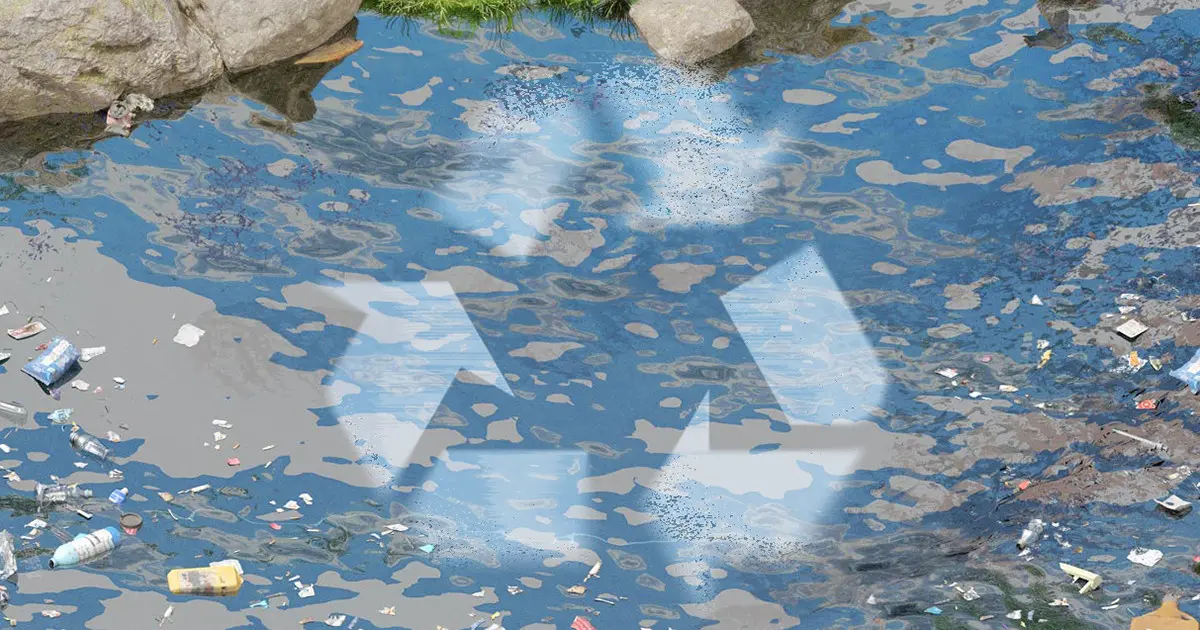Turns out even the most “advanced” modes of plastics recycling are bullshit, just as 40+years of plastics recycling efforts before them.
In Europe, big oil companies are teaming up with waste companies to source waste plastics. Traditional mechanical recyclers are already doing bad, because the same big oil is flooding the market with cheap virgin plastics. Chemical recycling is basically a big (marketing big, not actual big) green washing scam.
Polymer recycling is bullshit PR campaign.
As someone who’s been recycling since the early 1980s, the whole thing is heartbreaking.
Well we all got played… they took our good intentions and turned around to work for their profit.
Just having good intention is not good enough, got to get educated and treat it like a war that it is.
Bad faith actors should never get any benefit of doubt.
I wouldn’t be surprised if the average consumer does more for the environment by reducing consumption by 10% and not recycling anything, than maintaining normal consumption and regularly recycling.
There are alternatives to pyrolysis that are slowly coming online. They have their drawbacks – it’s certainly easier to chuck a bunch of mixed plastic into a reactor and heat it up until something happens – but they’re real.
I worked on one of them for a few years. It’s pretty cool! They’re currently building a pilot plant to demonstrate the technology at scale.
Doesn’t matter if the plastics never make it to the recycling center. Only around 5% of plastics in the US get recycled. Sometimes that’s because it’s cheaper to not recycle or because the particular plastic is non-recyclable, but most of the time it’s because it just gets thrown out with the rest of the garbage.
Sorting and separating materials en masse is by far the most difficult part of the process.
I don’t think articles like this help that situation. “Plastic isn’t actually recyclable” is a pretty dangerous mind virus that’s basically already running rampant.
Pyrolysis isn’t perfect. But it is absolutely better than throwing plastic in a landfill, and can handle otherwise impossible-to-recycle mixed feedstocks.
The process I worked on recycled PET while leaving the other materials in the mix untouched, ready to go through a different specialized process. That was kind of the whole point of it. Those sorts of technologies are harder in the sense that the tech is more sophisticated, but realistically doesn’t cost more to run once you have it going. The future isn’t all doom and gloom. That’s why I hate these “don’t bother recycling” articles.
In Europe, they do a much better job at recycling, because they drive home the importance of sorting the material you recycle yourself. There are multiple bins for different types of recyclable materials, whereas in the US it all goes into a big blue bin. Glass, tin, aluminum, paper, and every kind of plastic, all in one bin. Conventional recycling, that involves shredding the plastic into pellets, and then reforming them into a usable container, is 55-85% effective.
I feel like all we really need to do is advance recycling at the community level, with different bins. Subsidize mechanical recycling while regulating/limiting use of new plastic in packaging. If your product needs plastic packaging in order to ship, then a regulation should require that packaging be at least a certain percentage recycled. Additionally, they can enact rules around the right to repair your own devices, that could pave the way for legislation aimed at curbing “planned obsolescence” and the production of single-use electric devices like vape pens.
I didn’t read the article.
From a technical viewpoint, all types of plastics can be recycled; it just costs a lot of energy. So instead of supplying this energy through fossil fuels to re-cycle old plastics, they just used the fossil fuels directly to make new plastics.
In the future however, when there’s abundant amounts of cheap solar energy, it will make sense to re-cycle plastics.




